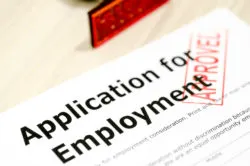 The United States Court of Appeals for the Ninth Circuit has reaffirmed its 2017 ruling that per the Fair Credit Reporting Act, potential employers must provide a clear and conspicuous disclosure to job applicants that they will be running a background check as part of their hiring process.
The United States Court of Appeals for the Ninth Circuit has reaffirmed its 2017 ruling that per the Fair Credit Reporting Act, potential employers must provide a clear and conspicuous disclosure to job applicants that they will be running a background check as part of their hiring process.
What is the Ninth Circuit’s Ruling?
The Ninth Circuit ruled in Gilberg v. California Check Cashing Stores LLC that the employer’s inclusion of extraneous information in the background check disclosure form violated the Fair Credit Reporting Act (FCRA).
The Ninth Circuit’s opinion clarifies the FCRA’s rule that employers must disclose background checks in a separate document consisting solely of the disclosure, rather than as part of a larger document that may potentially conceal or obfuscate the information.
According to an article published by the Society for Human Resource Management, the Ninth Circuit’s decision hinged on the act’s requirement for “clear and conspicuous” language, or language that would be noticeable and understandable to the average consumer.
What is the Fair Credit Reporting Act?
The Fair Credit Reporting Act was passed in 1970 for the purpose of regulating access to credit reports and background checks. It is enforced by the Federal Trade Commission (FTC).
According to the U.S. Equal Employment Opportunity Commission (EEOC), prospective employers are allowed to run credit or criminal background checks if they follow several rules set in place by the FCRA:
- They must inform the person subject to the background check, and the disclosure must be given in its own individual document.
- They must also inform the person of their right to a description of the nature of the background check and what it covers.
- They must obtain written permission from the person.
- They must certify to the company performing the background check that they have complied with these FCRA requirements and will not use the results of the background check for purposes of illegal discrimination.
Why Does the FCRA Matter?
The FCRA is meant to protect applicants and employees from erroneous information in their background documents. While there are many legitimate uses for a background check, it can dig up old information about an applicant that may be outdated or simply wrong. Under the FCRA, applicants and employees get a chance to see the contents of the reports prepared about them, respond to any negative content, and seek correction of any misleading information.
FCRA Lawsuits
The FCRA has been the subject of many recent lawsuits, some resulting in payouts of millions of dollars. In 2018, Costo paid almost $2.5 million to settle allegations that the company had violated the disclosure requirements of the FCRA. Frito-Lay paid about $2.4 million to resolve their own class action lawsuit alleging that the company’s disclosure documents included additional and unnecessary language, and Petco Animal Supplies Inc. paid out over $1 million after 37,000 people claimed that the company’s online application did not sufficiently abide by the FCRA.
If a company has performed a background or credit check on you as part of their pre-employment process, you may be eligible to join an FCRA investigation to determine whether the employer complied with federal rules regarding that process.
Join a Free Employee Background Check Class Action Lawsuit Investigation
If a company performed a background check on you as part of the pre-employment process in the last 5 years, an experienced employment attorney can help you determine if the employer complied with federal rules during that process.
ATTORNEY ADVERTISING
Top Class Actions is a Proud Member of the American Bar Association
LEGAL INFORMATION IS NOT LEGAL ADVICE
Top Class Actions Legal Statement
©2008 – 2026 Top Class Actions® LLC
Various Trademarks held by their respective owners
This website is not intended for viewing or usage by European Union citizens.



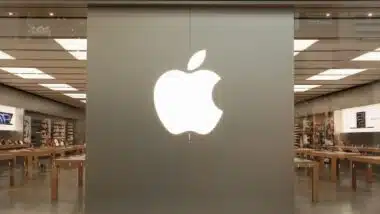


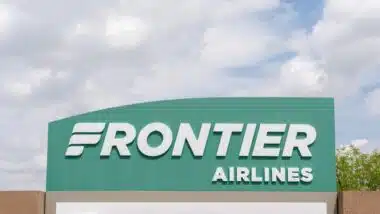

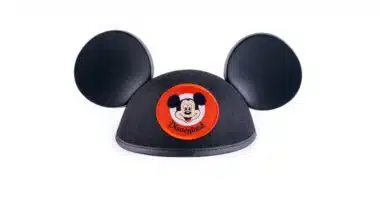
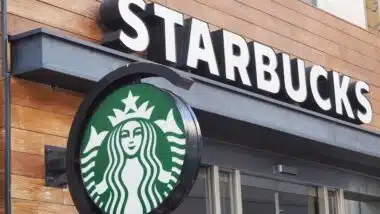





11 thoughts onPre-Hire Background Checks May Violate Fair Credit Reporting Act
Lowe’s did the same thing to me. I had even left a job, bought tools and worked there for 2 weeks when they called and told me I was terminated for a background check that I never signed authorization for. I finally got my pre adverse action letter in the mail 3 weeks later.